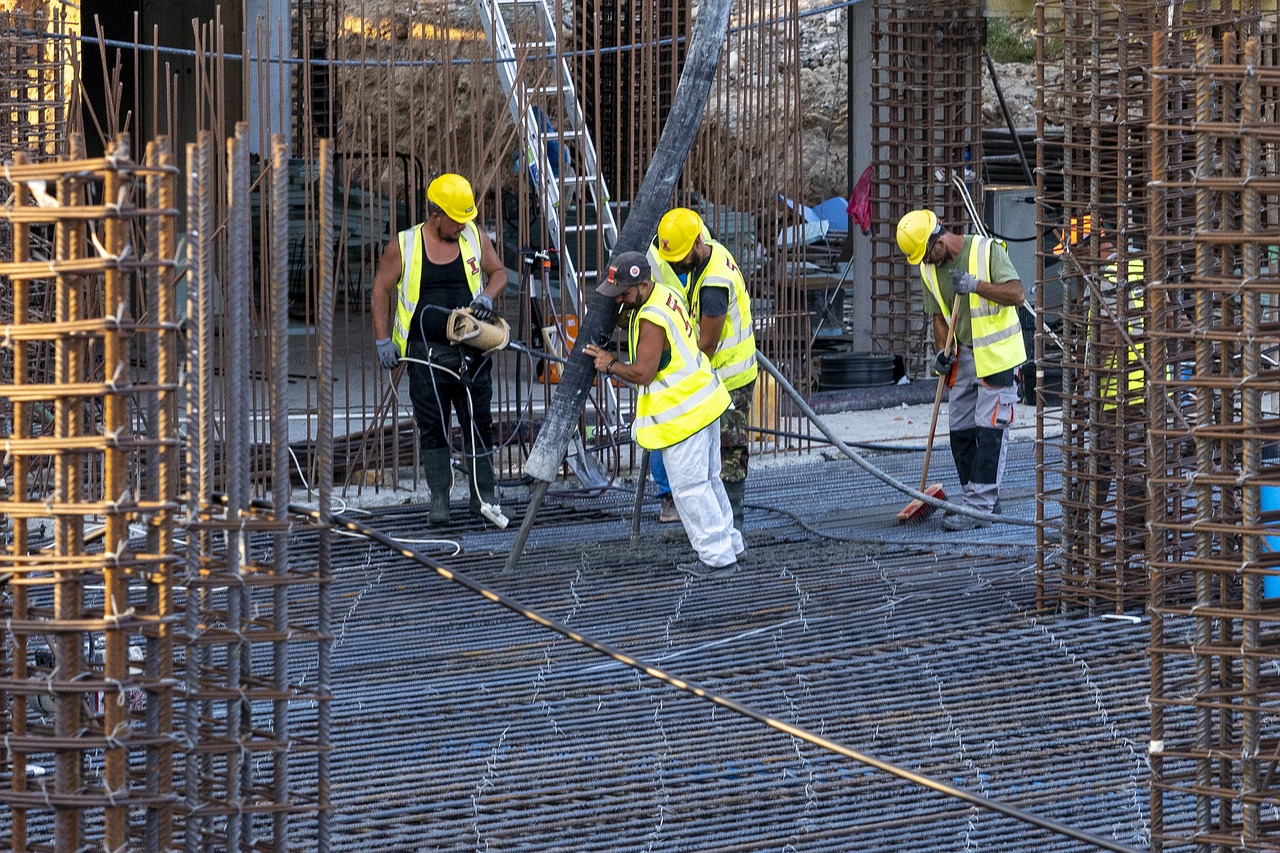Scientific and technical chamber (Etek) chairman Constantinos Constanti on Thursday said an Audit Office report which found that over 40 per cent of money spent on public works had gone to just three companies exposed “distortions” which were “already known”.
He said the issue has been “prevailing for years in the sector of public construction works” and warned that the practice of offering contracts to a select few companies “leads to a decrease in competition, an increase in costs, a decline in quality, and an increase in systemic risk”.
Additionally, he said, it runs the risk of “the state becoming increasingly dependent on a few large construction companies”.
“The public interest is not served when some companies are elevated on high in the public works market. The consequences are clear: less competition, increased costs, lower quality, and less flexibility for the state in the implementation of projects,” he said.
He went on to say that earlier this year, Etek had made “specific suggestions” for the modernisation of the system of allocating public works to companies.
Those modernisations, he said, included “the long-term planning of large projects to give the market time to prepare”, encouraging partnerships involving smaller contractors, and what he described as a “diversification” of the methods by which tenders are awarded.
On this matter, he said the government’s typical modus operandi, wherein companies are awarded contracts to design, construct, and then maintain for 12 years any given project, is “complex” and “excludes new players”.
He also said the government should avoid “exclusively selecting the lowest priced bidder” for projects and instead make decisions on tenders based on “a combination of qualitative and quantitative indicators, as well as the evaluation of contractors’ previous performances”.
Despite these suggestions, he said, the government is “continuing to delay the taking of substantive measures”.
“For years, now, we have been talking about modernisation … However, instead of this being put into practice, we are limited to remarks and suggestions,” he said.
The report, which was released on Tuesday, found that three contractors – Cyfield, the Iacovou Brothers, and Cybarco – were awarded more than €1 billion worth of public works contracts between 2015 and last year.
Of that figure, Cyfield undertook 157 projects, amounting to over €560 million, while the Iacovou Brothers took 84 projects, amounting to over €320m, and Cybarco undertook 40 projects, amounting to over €140m.
“These figures indicate increasing concentration of the market for major projects to specific contractors,” the report said.
The most expensive project awarded during the audit office’s reporting period was for the construction of a new motorway to link Paphos with Polis Chrysochous.
The contract was awarded to Greek contractor Intrakat, and was valued at just shy of €73m plus value added tax.
However, the government terminated its contract with Intrakat last year.
The public works department saying of the termination that “intensive efforts were made to overcome any obstacles, problems, and respond to the contractor’s requirements”, but that Intrakat’s “demand for additional costs and time to complete the project” were deemed to be “extremely problematic and excessive”.
Of Intrakat’s demands for more funding and time to complete the project, it said that in April last year, “the contractor’s demands amounted to €30m and a 34-month extension”, but that by October, this had risen to €34m and a 59-month extension.
“Considering that these demands were made with the project only 21.1 per cent complete, it can be reasonably concluded that there would be additional demands and extensions before the project was complete,” it said.
The government has now announced a new tender for the road, which is now expected to cost €90.2m plus VAT.






Click here to change your cookie preferences